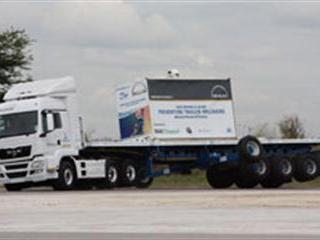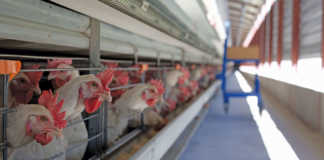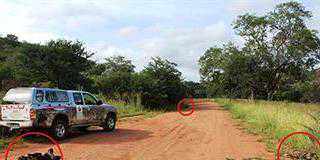
Initially, the training will be for the drivers of the Afrox fleet and those employed by contractors who deliver Afrox products to customers, and therefore need to adhere to the uniform international Linde SHEQ standards. “The frequency of roll-over accidents involving tankers in South Africa is, unfortunately, much higher than most people realise,” explains RAC CEO Eugene Herbert.
“Usually the hazardous cargo can cause environmental damage, and is often flammable,” he adds. The cost can be as high as R30 million and these accidents are usually high profile events with plenty of media coverage, which can harm the public image of the company involved too.
Afrox approached RAC two years ago to devise a specialised drivers’ training programme. The programme was developed under the auspices of TUV Rheinland, a German certification company acknowledged as a global leader in driver training. The major thrust is identifying the factors that contribute to roll-over accidents, followed by methods of driver control of the vehicle, should it still end up in a situation where a roll-over is a very real possibility.
The programme consists of a full day’s training for 12 drivers. The day starts with a theoretical session involving large-scale models of trucks and tankers. The participants are then divided into two groups of six for the practical exercises. One group undergoes training with the special MAN roll-over avoidance rig, fitted with ‘out-riggers’, while the second group uses a Volkswagen Double Cab Transporter, fitted with a tank to simulate liquid surge, and the effect this has on vehicle handling.
These handling characteristics are emphasised by use of Skid Monster equipment on the rear wheels, which provides real time learning experiences. The second group learns about the dynamics of MAN modern Trucknology, ABS and its effect on stopping distance, as well as emergency lane changing under braking.
The EBS, and Knorr Bremse TEBS, are then switched off to demonstrate the impact of these safety features, particularly for an articulated vehicle. Every day driving circumstances, such as these, are often the cause of a rollover, even at slow speeds. Drivers are also taken through, and beyond, the point of ‘rollover’ in complete safety. Reaction times are critical and the drivers benefit from real-time viewing of ‘the action’ in specially equipped cabs with on-board monitors.
RAC hopes to extend its MasterDrive programme to other operations in Africa. “It’s taken some time to get all our specialised equipment in place and the team trained to international standards, but now we are in a position to provide an internationally certified training experience to the tanker segment of the transport industry, which we are confident will result in a marked drop in the number of roll-over accidents on our roads,” says Herbert.













